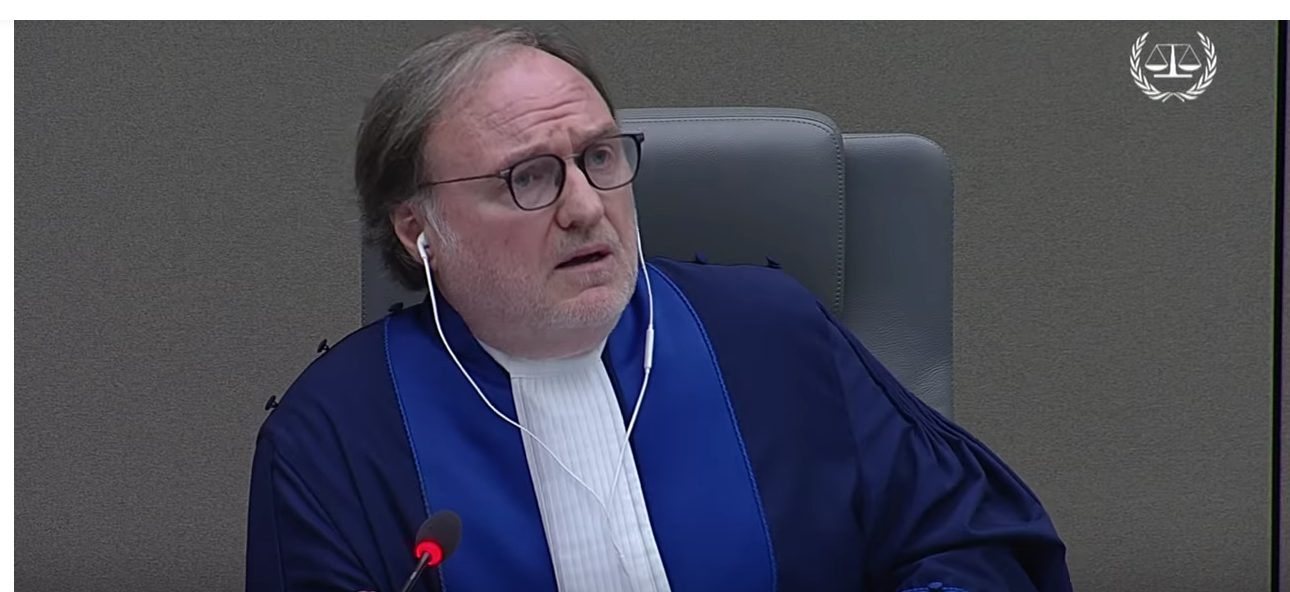
Gbagbo’s acquittal suggests confusion and dysfunction at the ICC
Written by Kerstin Carlson
The international community has reacted with shock to the International Criminal Court’s (ICC) acquittal of former Ivorian leader Laurent Gbagbo and one of his former ministers, Charles Blé Goudé.
Gbagbo was president of Côte d'Ivoire from 2000 until 2010. Blé Goudé was his minister of youth. In 2010, Gbagbo lost an election to Alassane Ouattara, but refused to concede power. In the resulting months of violence, more than 3000 people were killed.
Gbagbo was charged with designing and executing a common plan to hold onto power through violence directed at civilians. His case was merged with Blé Goudé’s in 2014.
A majority of the trial chamber found that the prosecution failed to prove the defendants’ connection to the violence; the prosecution has appealed.
Those who watch the ICC closely anticipated the acquittal. The judges signalled throughout 2018 that they were seriously entertaining defence motions to acquit based on prosecutorial failures to make a case.
The verdict is the latest in a series of missteps attributed to the prosecution. The DRC’s Jean-Pierre Bemba was controversially acquitted on appeal of sexual violence in Central African Republic in June 2018. In 2014, charges against Kenyan leader Uhuru Kenyatta relating to post-election violence were withdrawn. Two years later, charges were dropped against two other Kenyan politicians, William Samoei Ruto and Joshua Arap Sang; these also related to violence after the 2007 elections.
These examples showcase foundational disagreement regarding the substance and application of international criminal law doctrine. They also underline how vulnerable the court is to power politics, as past cases have collapsed due to corrupted evidence and witness tampering. This acquittal thus augments an increasingly urgent conversation about how international criminal law is failing in its promise to hold leaders accountable for committing gross human rights violations.
Dysfunction and Confusion
The judgment in the Gbagbo and Blé Goudé case was highly unusual in several ways.
First, it was made in an unprecedented format: an oral pronouncement that was not accompanied by a written judgment. The ICC has never taken this approach before. The dissenting judge in this case, Judge Herrera Carbuccia, has argued that this format violates ICC procedural rules.
Written judgments are centrepieces of international criminal law, and legitimise the lengthy trials, long delays and high cost of international justice. Written judgments show the work and professionalism of international courts, and distinguish them from other bodies that make pronouncements without explaining or supporting their rationales.
The ICC will eventually produce a written judgment, but this will come too late for the prosecution, which has asked the court not to release the defendants as it appeals the judgment. The oral judgment only restated the charges made in the indictment, giving no details at all as to why a majority of the trial chamber believed the prosecution’s case was inadequate.
It is also only the second time in its history that the ICC has acceded to the defence’s request to acquit based on a “no case to answer” motion.
This is a hard motion to win, because the question before the court is not “will this court find the defendants not guilty?” but rather “could no court reasonably find the defendants guilty?”
This is the motion Gbagbo’s and Blé Goudé’s attorneys filed when the prosecution’s case ended in January 2018. Over the course of 2018, the defence and prosecution fought out the question of whether the prosecution had made a case that incriminated the two defendants.
The 15 January judgment answered this question in the negative. This means the prosecution failed to make a case that would permit any court to convict the two defendants, in the opinion of two out of three judges in the trial chamber.
Without the written judgment, it is difficult to assess how to attribute the collapse of the prosecution’s case, which might be due to poor argument, poor evidence, changed circumstances, or something else. It is also difficult to assess why the majority of the trial chamber, after labouring on this question for more than a year, felt so rushed that it could not put its rationale in writing. The oral judgment thus suggests failures on the part of the prosecution and the judges.
And, the controversy is not over. The ICC’s appeals chamber has promised to hold a hearing by 1 February 2019. Gbagbo and Blé Goudé will remain in detention at least until then – a direct contravention of the trial chamber’s orders that they should be immediately released following the acquittal. This suggests a power play between the trial and appellate chambers that further detracts from the court’s institutional legitimacy.
Implications
The high-level cases that have collapsed at the ICC in recent years highlight the difficulties faced by institutions that rely on state cooperation to bring prosecutions. Powerful figures with powerful coalitions are successfully resisting challenges to their sovereignty, even when such challenges are based on their violations of universal rights.
Another way to state the problem is to note, as analyst Mark Kersten does, that the ICC has not opened a single case against a state leader since 2011, and that the court risks becoming an institution that “only prosecutes rebels”.
This latest acquittal and ensuing appeal requires observers to consider not simply what the ICC decided, but how it did so. The messy, foundational disagreements pronounced within the institution itself – between prosecution and bench, within the trial chamber, between trial and appellate chambers – support the charge that the institution is dysfunctional.
The ICC may be able to survive being labelled ineffectual, as evidenced by its ongoing failure to detain Sudan’s Omar Al-Bashir; and imbalanced – it is often criticised for only bringing charges against Africans. But charges of being unprofessional or haphazardness are likely to hurt the court across all its constituencies.